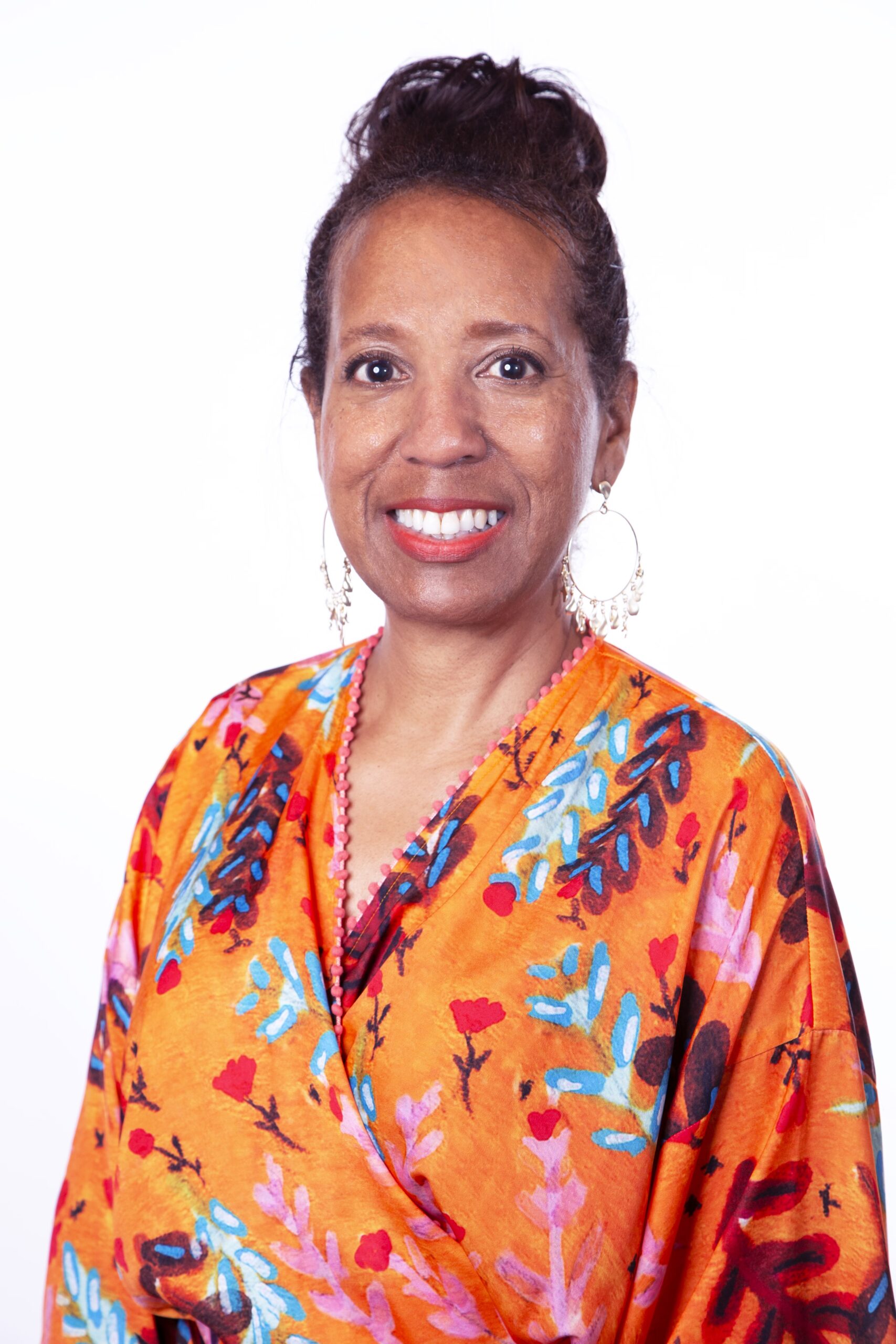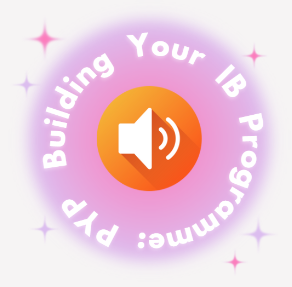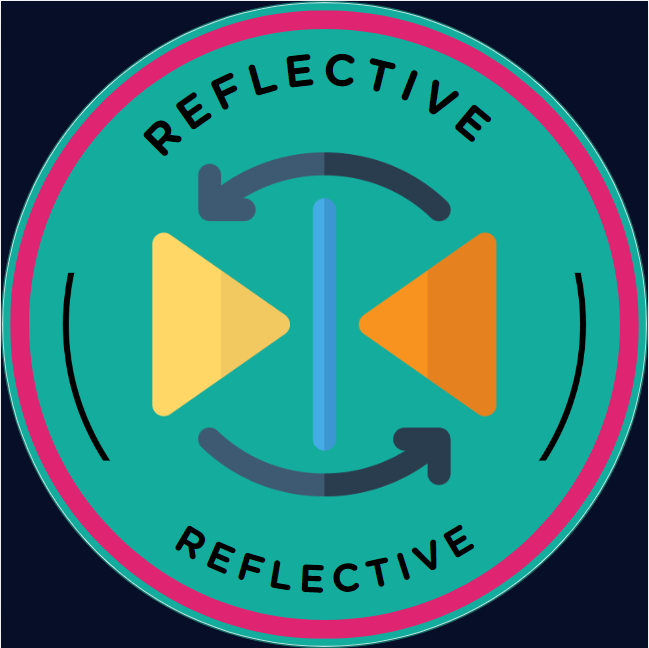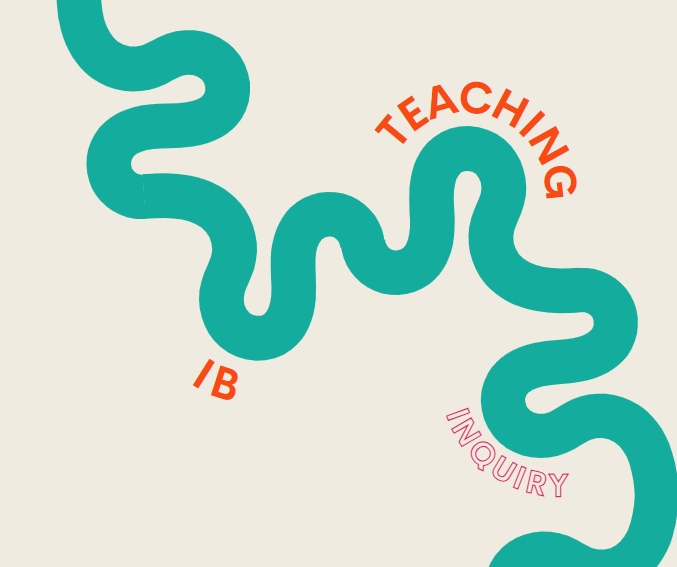Updated: Nov 29, 2021

In this fourth entry exploring the education that our students need, we circle back to Batelle’s Kids’ Partnership for 21st Century Learning’s four C’s, the skills needed for success. This model reminds us that our students will need to be critical thinkers, communicators, collaborators, and creators. If this is who they need to become, how can we cultivate these habits of mind and actions? Perhaps one avenue could be to teach them processes to deploy whenever navigating complex learning and life. If we consider critical thinking as the “Super C” because communicating, collaborating, and creating all demand critical thinking, teaching thinking processes and using inquiry approaches to learning would be logical choices. Processes considered should also provide the space and time for students to formulate plans to act upon in response to the ideas and solutions developed once thinking critically through the problem. Nurturing students’ ability to synthesize basic and specialized information across disciplines, think efficiently, ask thoughtful questions, take action, and reflect on this cycle align as relevant goals.
One such process, Design Thinking, could develop a habit of mind that would help students be able to inquire and analyze, develop ideas, create solutions, and evaluate how things might play out or need to change. This universal thinking process could equip students to have the agency needed to take action and build self-efficacy. Overtime, being able to utilize Design Thinking would provide students a way to navigate unknown waters as they embark upon each twist and turn with increasing automaticity. Such a cognitive process has the potential to support students to become reflective inquirers, seeking new knowledge to answer questions of all sorts as they wonder about problems encountered in their school, professional, and life journeys.
Socratic Seminar is another inquiry-based approach that builds critical thinking, communication, collaboration, and creativity skills when working with text. In this approach to learning, students collaborate to construct meaning. The collective thinking of the group emerges from posing questions that lead to additional questions. The combination of developing skills in reflective thinking and looking at situations from various perspectives in a collaborative approach would serve students well in the 21st century landscape.
Harvard Graduate School of Education’s Project Zero Visible Thinking, is a research-based approach that can also be used to teach critical thinking or “thinking dispositions- curiosity, concern for truth and understanding, and a creative mindset” across the curriculum. These simple thinking moves can be integrated into lessons to efficiently communicate students’ thinking in independent and collaborative learning tasks. The routines are tools to guide and encourage active thinking using various protocols that can be matched to specific purposes.
These three approaches are examples of what types of instructional practices can assist in preparing students in the 4C’s.
Finally, we will definitely want to be sure the processes, skills, and strategies selected consider the whole child. The chart below is a beginning compilation of skills that will be needed for school and life successes, and the corresponding attributes that could be nurtured in tandem to support those skills. Individuals and various groups could personalize this chart for further discussions by asking, “What skills and attributes would I/we add and emphasize?” “How can we integrate the teaching of these attributes when planning learning experiences?”

Author
-

Jill is the CASIE Director of Education. She has a Master’s degree in Educational Leadership from Clark Atlanta University and a Bachelor’s degree in Education from The Ohio State University. Her past work experience includes serving as a teacher, IB coordinator, assistant principal, associate principal, 12 years as a principal with the last 7 leading an IB World School, Executive Director of Academic Programs including all four IB Programmes, head of of Curriculum and Assessment for Marietta City Schools, and an IB Educator Network programme leader. She enjoys learning, reading, walking, spending time with her husband, daughter, son, daughter-in-law, and friends.
View all posts




